Display videos
Yes, I'd like to see videos dispalyed.
He joined Bayer 04 in 1980 and also played for Germany at youth level. In 1982 he played in the final of the U16 European Championships where Germany lost 1-0 against Italy. He made a total of 25 youth international appearances and was a very big talent. The hard working and technically skilled midfielder signed his first professional contract at Bayer 04 in 1983 but mainly played for the Werkself reserve team. In the Rückrunde of the 1983/84 season he made his Bundesliga debut on matchday 23 coming on at Westfalenstadion in Dortmund on 83 minutes.
Manni played seven games in Germany's top flight and once in the DFB Pokal for the Werkself but was never in the starting line-up. In the summer he moved to Union Solingen in Bundesliga two where he made seven appearances before ending his career at the age of 22 due to a serious knee injury. He did play at amateur level for SSB 09 Bergisch Gladbach and Borussia Freialdenhoven. During this phase he started his second career, training youth teams at TuS Höhenhaus and Bergisch Gladbach and he successfully completed a football coach course at the German Sports University in Cologne in 1990.
After two brief periods as coach of the men's teams at SSG 09 Bergisch Gladbach (1990-1992) and Düren 99 (1993-1995) he moved on to the youth teams.
Today he works in our scouting section focusing on top talents.
Dear Manni, Happy 60th birthday! I wish you above all health and all the best. Have a good one.
Related News
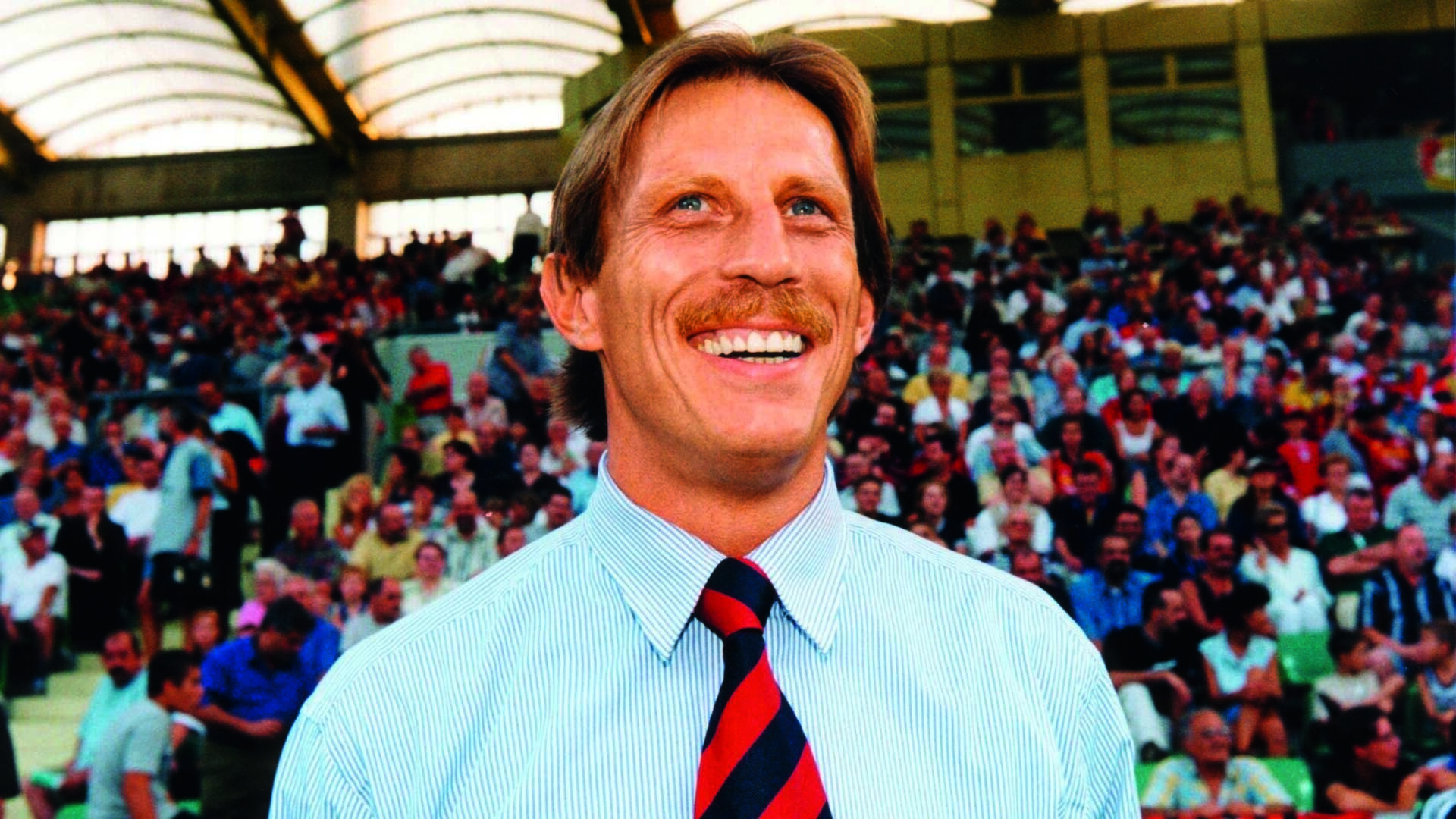
Legend: Christoph Daum - The man who taught us to want
Christoph Daum was born on 24 October 1953 in Zwickau. As a child, he moved to West Germany with his mother and grew up in Duisburg. He developed a great enthusiasm for football at an early age, even though it soon became clear that his future lay less on the pitch than on the sidelines. Even at a young age, his passion for analysing, explaining and improving things became apparent.
Show more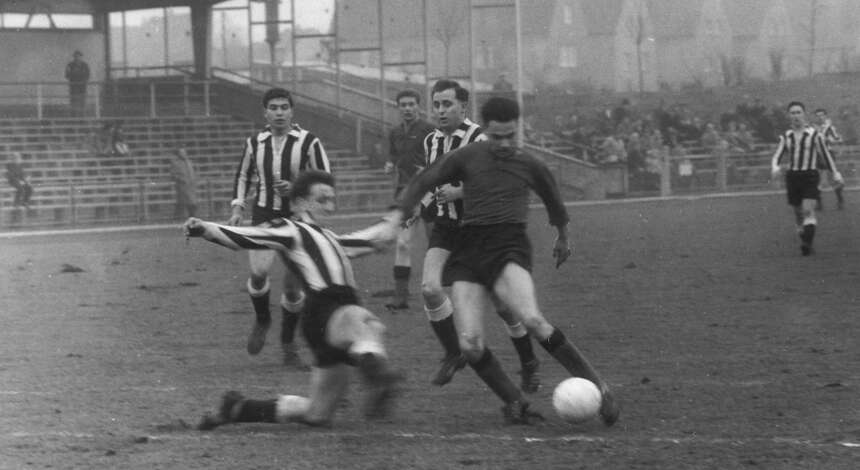
From the archives: 65 years ago - Another victory at last
When the Bayer 04 players celebrated Christmas in 1960, they spent the winter in second place in the Oberliga West 2 on 20 points - but already five points behind leaders Schwarz-Weiß Essen. However, coach Erich Garske's team are struggling to get back on track in the new year. A goalless draw against Bonner FV at home at the Ulrich Haberland Stadium was followed by a 2-1 away defeat in Erkenschwick. The following home game also yielded just one point. As a result, the team's promotion ambitions dwindled to a minimum, as the gap to the coveted spot has now grown to a challenging ten points.
Show more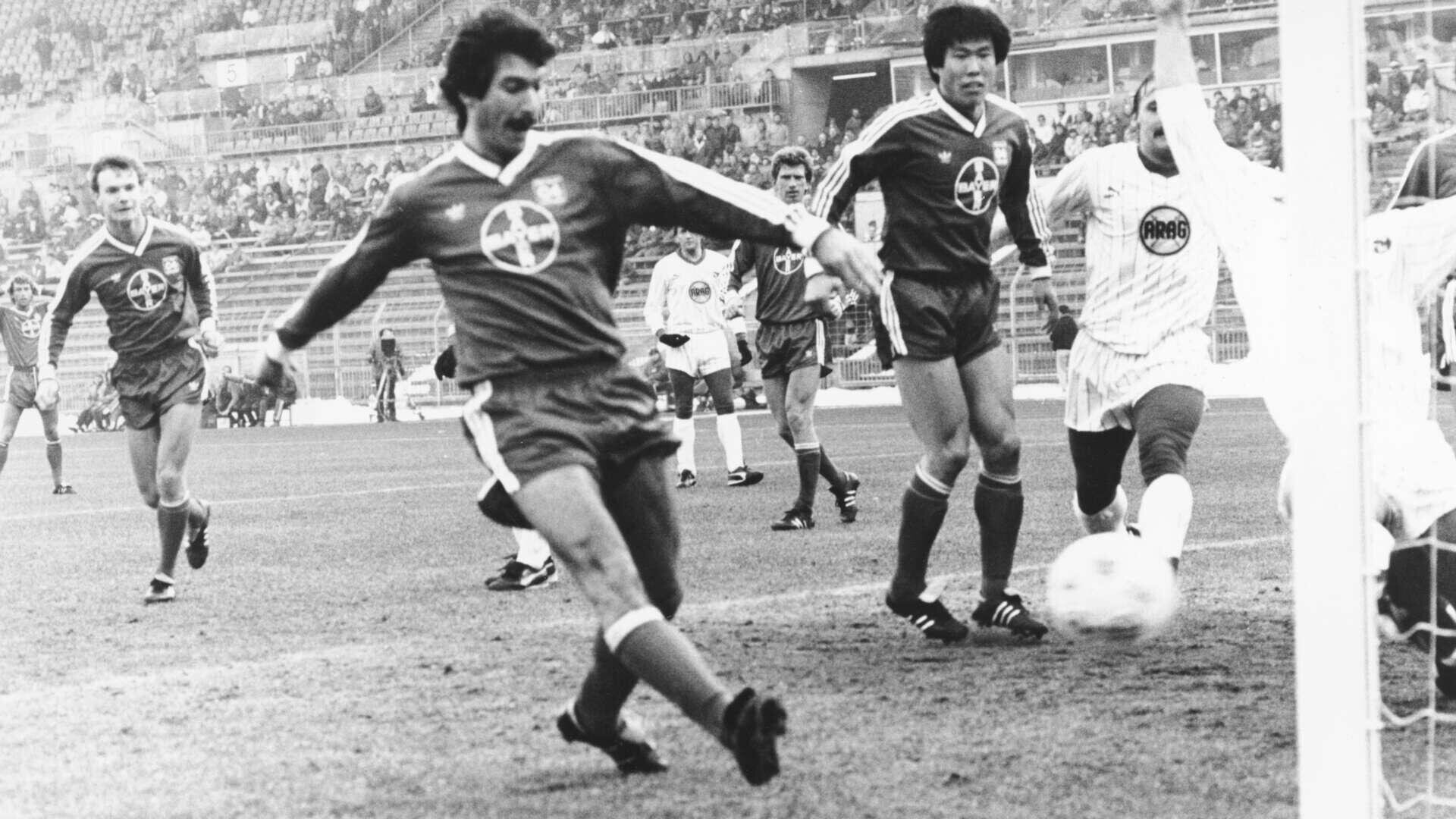
Goals of the month: From Waas to Tapsoba
In this video you can see impressive and important goals in Bayer 04 history from the month of February. It's not always about the beauty of the goals, but also a reminder of special games and players.
Show more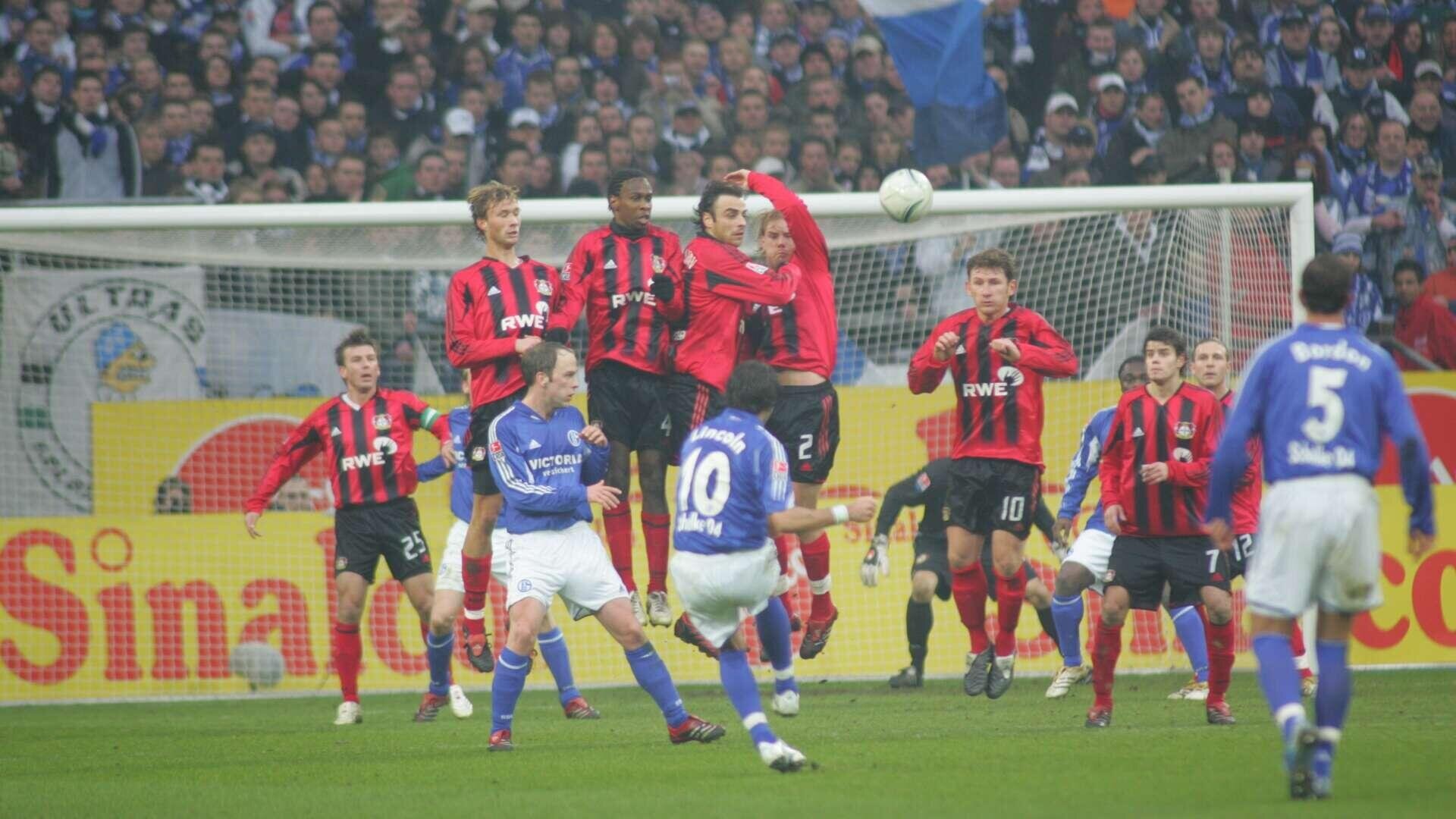
Match of the month: 20 years ago - A game of goals galore
It is 11 February 2006 and Schalke 04 and the Werkself kick off at 3.30 p.m. in a match that ends up being historic - at least from a Bayer 04 perspective.
Show more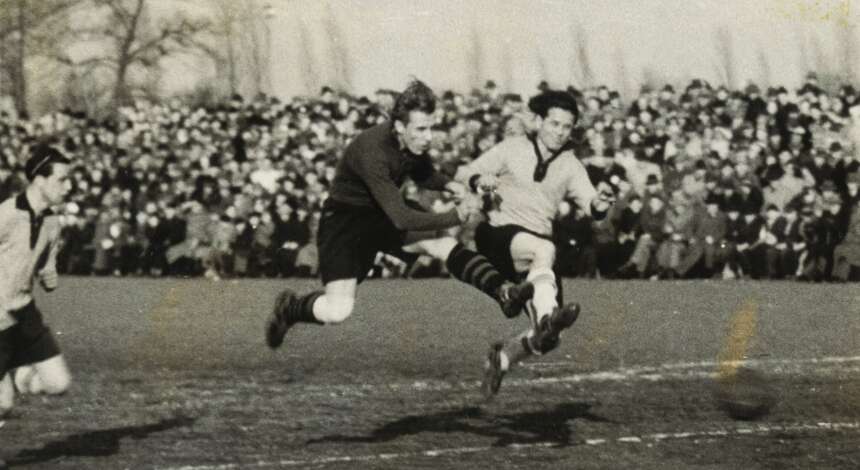
History: 75 years ago - The 1950/51 season (February)
As league leaders, the Werkself welcomed the relegation-threatened team from Rhenania Würselen. On 4 February 1951, 5,000 spectators line the touchlines despite the Sunday carnival parades. And they see a home team that is superior on the pitch. Without Theo Kirchberg, who was ill, and Emil Becks, who was suspended, the hosts attacked the opposing goal from the start. Battling against a strong wind in the first half, Bayer 04 created chance after chance, but were repeatedly thwarted by the Würselen goalkeeper. With the score at 0-0 at half-time, Karl Heinz Spikofski tried his luck on 55 minutes and hammered the ball into the opposition net from 20 metres out. Rhenania can no longer counterattack. The siege of the Würselen penalty area continued right to the end, but the game ended in a narrow 1-0 win.
Show more